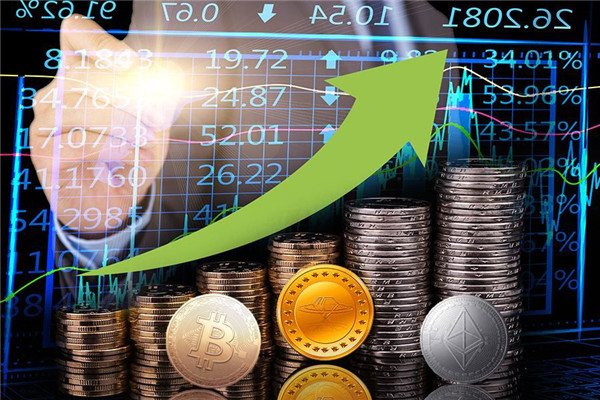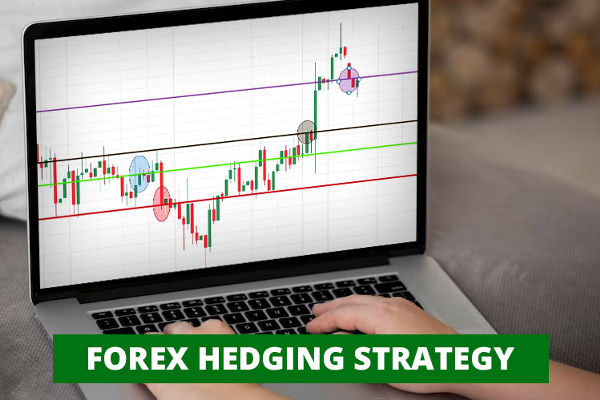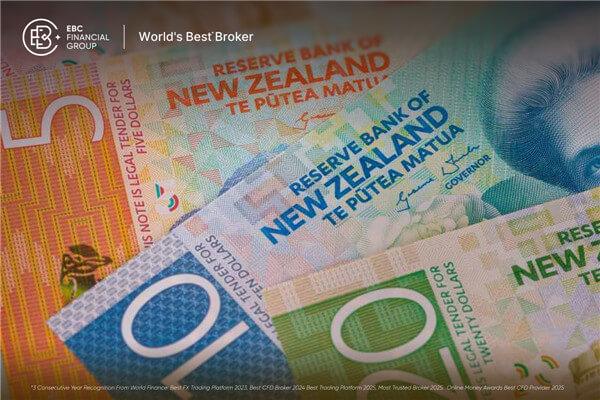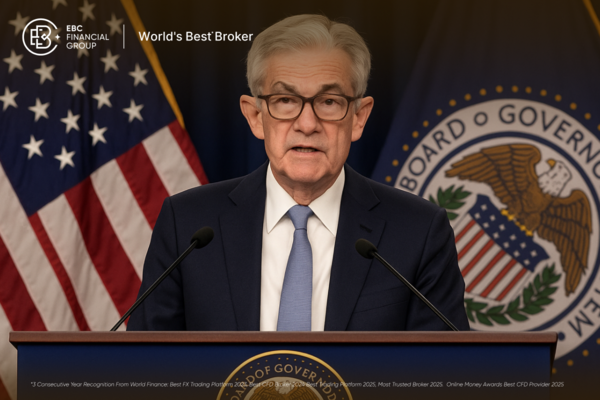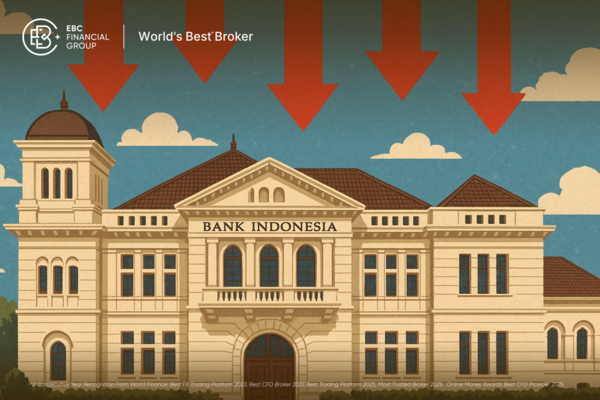Forward forex trading refers to a trading method of exchanging currency at a predetermined price on a predetermined date in the future. It combines the characteristics of the spot market and the forward market, allowing investors to achieve returns by predicting and analyzing exchange rate fluctuations.

The principle of futures trading is similar to other futures markets, where investors purchase or sell standardized contracts on futures exchanges instead of actual foreign exchange cash. These contracts specify currency exchange prices, i.e. exchange rates, for specific quantities and specific maturities. On the expiration date of the contract, investors must exchange currency at the price specified in the contract.
Futures trading has certain advantages over spot trading and forward trading. Firstly, compared to spot trading, futures trading can provide more leverage and a wider range of market participants, enabling investors to manage risks and achieve returns more effectively. Secondly, compared to forward transactions, forward exchange transactions have higher liquidity and can be bought and sold more quickly.
The main purposes of utilizing futures exchange trading are as follows:
① Avoiding the risk of exchange rate fluctuations in international trade.
② Borrowers of funds are protected from losses due to changes in exchange rates when foreign investments or debts become due.
③ Forex banks make necessary adjustments to balance their forex positions.
④ Forex speculators engage in futures trading to gain profits.
It should be noted that futures trading also carries certain risks. Due to the volatility of the forex market, investors may not be able to achieve expected returns or incur losses.
【 EBC Platform Risk Reminder and Disclaimer 】: There are risks in the market, and investment needs to be cautious. This article does not constitute investment advice.






